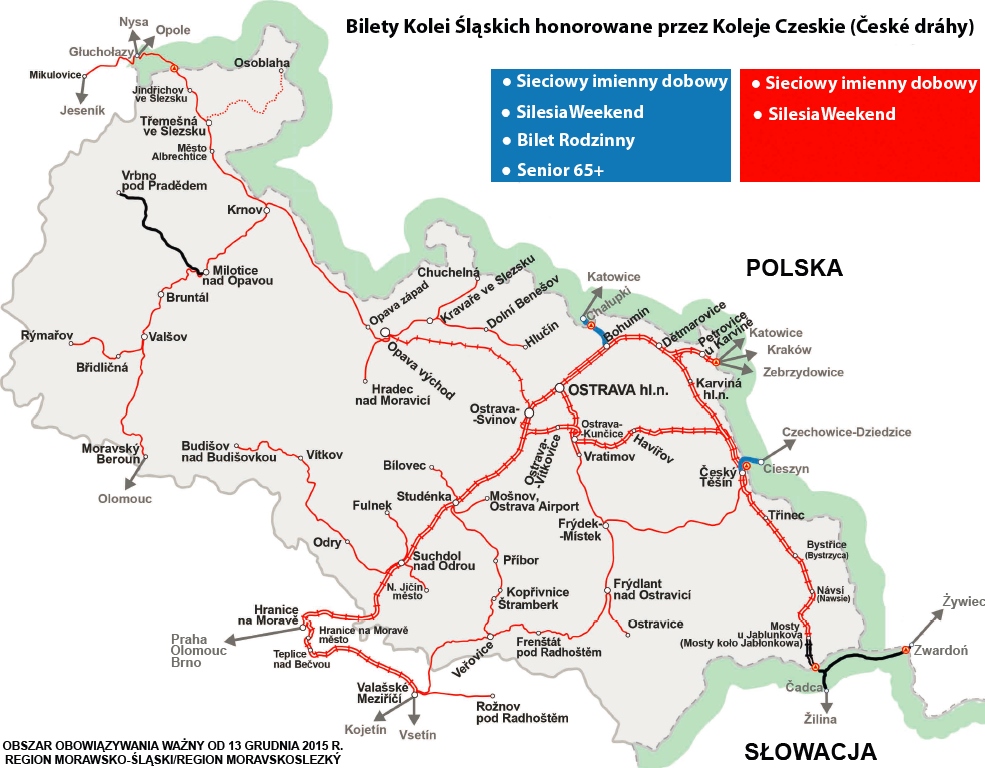Language /
Grammar question about conditionals in Polish. [20]
I have the idea that jak in this case suggests that the speaker would like to help, jeśli sounds a little more... distanced. (not sure if native speakers would agree with that).
No, "jeśli" feels much more distanced than "jak" :-)
Normally people talking to each other usually use "jak" instead of "jeśli". Or you can replace it with "kiedy" or "gdy" either. But it has an equivalent in English, where you can replace "if" with "when".
2. Gdybym miał czas tobym ci pomógł.
"to bym" is written separately, but apart from that, it's OK.
The "by" particle, being an equivalent of the English conditional "would", "could" etc., is written together only after a verb which is not in an impersonal form (so it's not an infinitive and not the form ending with "-ono"/"-to"). In all other cases it's written separately.
So you can write:
-> Gdybym miał czas, to pomógłbym ci.
but:
-> Gdybym miał czas, to bym ci pomógł.
Other examples (with impersonal verbs):
-> Gdyby państwo miało pieniądze, to wybudowałoby autostradę.
but:
-> Gdyby były pieniądze, to wybudowano by autostradę.
And it's enough in most cases. More detailed rules (in Polish) are here:
- when to write it together: sjp.pwn.pl/zasady/Pisownia-laczna-czastek-I-bym-I-I-bys-I-I-by-I-I-bysmy-I-I-byscie-I;629503.html
- when to write it separately: sjp.pwn.pl/zasady/Pisownia-rozdzielna-czastek-I-bym-I-I-bys-I-I-by-I-I-bysmy-I-I-byscie-I;629509.html
Don't sweat it. It's one way that Polish is easier than English.
Yes!
Also the object + infinitive (to want smn to do sth)
Yes, here it's a kinda equivalent of the English "to". Normally it's used as "żeby", but it can be shorted to "by". So:
-> Chcę żebyś mi pomógł.
or:
-> Chcę byś mi pomógł.
The third option is "aby":
-> Chcę abyś mi pomógł.
Means, of course:
-> I want you to help me.
In this use - in normal talks with people "żeby" is used most often. "By" is used more in formal situations (sometimes in talks as well, but not so often), "aby" is rather reserved for literature and most formal cases.
By the way, it can be used in all the persons.
-> On chce żebym mu pomógł. -> He wants me to help him.
-> Chcę żebyś mi pomógł. -> I want you to help me.
-> Chcę żeby mi pomógł. -> I want him to help me.
-> On chce żebyśmy mu pomogli. -> He wants us to help him.
-> Chcę żebyście mi pomogli. -> I want you (all) to help me.
-> Chcę żeby mi pomogli. -> I want them (a group of men or men and women) to help me.
-> Chcę żeby mi pomogły. -> I want them (a group of women, animals or things) to help me.
By the way, such a combination is also possible:
-> Chciałbym żebyś mi pomógł. -> I would like you to help me.
Two uses of "by" in a single sentence :-) The "by" meaning "would" and the "by" (or, exactly, "żeby") meaning "to".
And it's crucial to remember that sometimes "by" can be located in different positions, and one time it will be written together with another word, another time separately. See:
-> Chciałbym cię zapytać, czy byś mi pomógł.
-> Chciałbym cię zapytać, czy pomógłbyś mi.
Both meaning:
-> I would like to ask you if you could help me.
(as far as I know, it's forbidden in English to put "will" in any form after "if", so I replaced it with "can")
Why do I have to write everything about the specific grammar topic when someone asks about Polish grammar on this forum? Should I teach foreigners Polish grammar, or what?
 PolishForums LIVE / Archives [3]
PolishForums LIVE / Archives [3]
